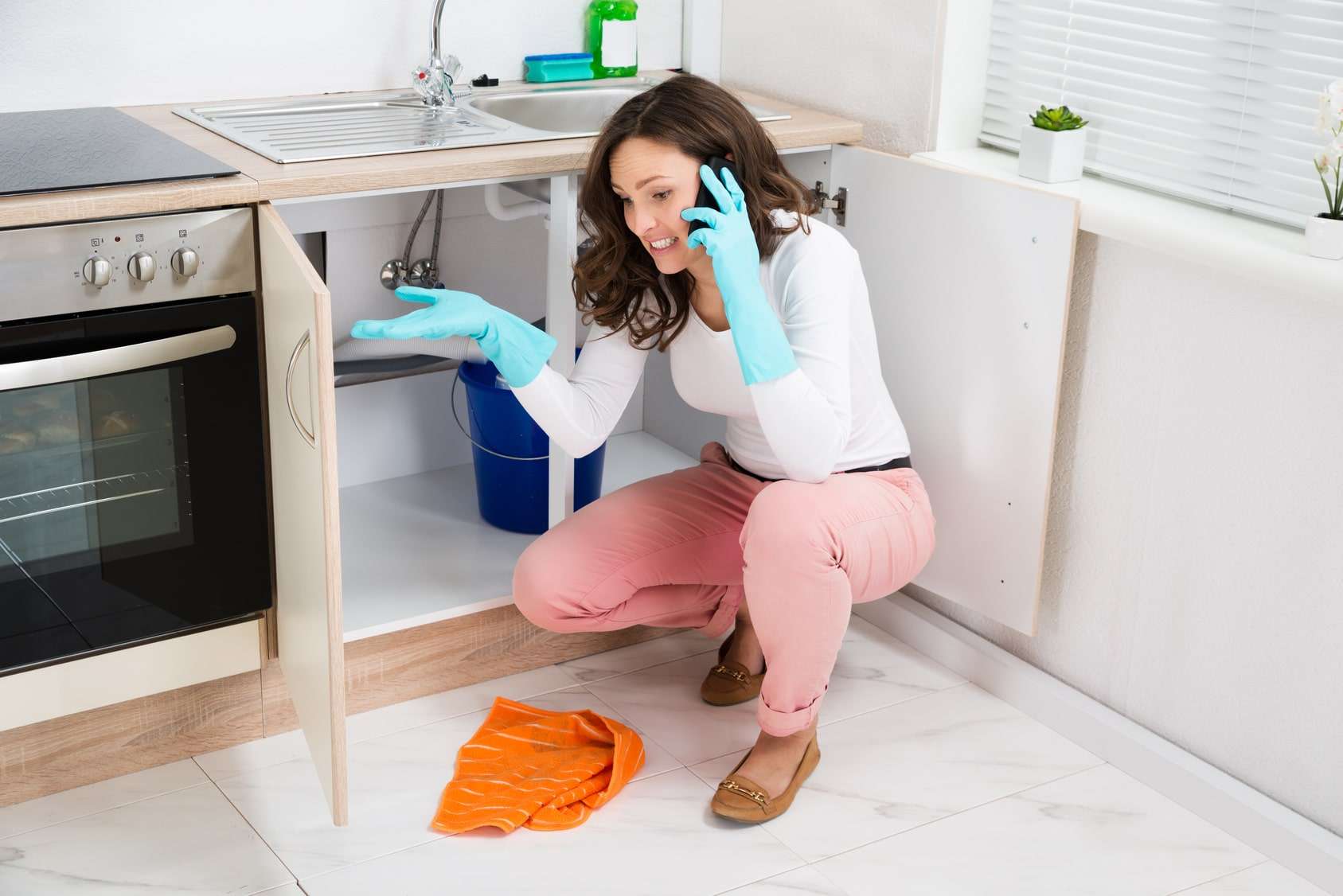Revealing Common Sources Behind Residential Water Leak Issues
Revealing Common Sources Behind Residential Water Leak Issues
Blog Article
This article in the next paragraphs involving Most Common Causes of Leaky Pipes is quite captivating. Don't miss out on it.

Leakages not just cause waste of water however can likewise cause unnecessary damages to your home as well as promote undesirable organic development. Sadly, water leaks could go unnoticed because most of the pipework in our house is hidden. By recognizing as well as looking for everyday circumstances that cause leaks, you can protect your house from future leaks as well as unnecessary damage. Today, we will certainly check out 6 leak causes that may be causing your pipes to trickle.
Instant temperature level modifications.
Severe temperature adjustments in our pipes can trigger them to increase and also contract all of a sudden. This expansion and also contraction might cause splits in the pipes, specifically if the temperature level are below freezing. If you kept an eye on exactly how your plumbing works, it would be best. The visibility of the previously mentioned circumstances regularly shows a high risk.
Corroded water supply
As time goes by, your plumbing system ages and deterioration such as corrosion may start eating away the pipes. This might be the cause of discoloration or bending on your water pipes. This asks for an assessment with your plumber instantly. Take into consideration changing the pipes given that they are at a greater threat of deterioration than the newer models if our plumbing system is old.
Faulty Pipeline Joints
Pipe joints can degrade over time, resulting in water leakages. If you have noisy pipelines that make ticking or banging sounds, especially when the hot water is turned on, your pipeline joints are most likely under a whole lot of pressure.
Encroaching origins
Most water leaks begin outside the home rather than inside it. You could observe wet patches or sinkholes in your backyard, as well as that might suggest that tree origins are invading water lines triggering water to seep out.
Poor Water Connectors
Sometimes, a leak can be brought on by loosened hose pipes and also pipes that provide your devices. Usually, moving is what triggers the loose water Links. You could locate when it comes to a washing equipment, a hose pipe might spring a leak as a result of trembling throughout the spin cycle. In case of a water links leakage, you may discover water running directly from the supply line or puddles around your home appliances.
Clogged Drains
Obstructed drains pipes could be aggravating and inconveniencing, but they can sometimes wind up creating an overflow causing rupture pipes. Maintain eliminating any products that might go down your drains pipes that might clog them to avoid such inconveniences.
All the above are causes of leaks but not all water leaks result from plumbing leakages; some leaks may come from roofing leaks. All leakages ought to be fixed quickly to stay clear of water damages.
Leaks not only create waste of water but can also trigger unneeded damages to your house and advertise unwanted organic growth. By looking as well as comprehending for day-to-day scenarios that create leakages, you can shield your house from future leaks and also unnecessary damages. Today, we will certainly look at 6 leakage triggers that may be triggering your pipes to trickle.
At times, a leak can be caused by loose tubes and also pipelines that supply your appliances. In case of a water links leak, you may observe water running straight from the supply line or puddles around your devices.
How To Check For Water Leak In Your Home
How To Check for Leaks
The average household's leaks can account for nearly 10,000 gallons of water wasted every year and ten percent of homes have leaks that waste 90 gallons or more per day. Common types of leaks found in the home are worn toilet flappers, dripping faucets, and other leaking valves. These types of leaks are often easy to fix, requiring only a few tools and hardware that can pay for themselves in water savings. Fixing easily corrected household water leaks can save homeowners about 10 percent on their water bills.
To check for leaks in your home, you first need to determine whether you're wasting water and then identify the source of the leak. Here are some tips for finding leaks:
Take a look at your water usage during a colder month, such as January or February. If a family of four exceeds 12,000 gallons per month, there are serious leaks.
Check your water meter before and after a two-hour period when no water is being used. If the meter changes at all, you probably have a leak.
Identify toilet leaks by placing a drop of food coloring in the toilet tank. If any color shows up in the bowl after 10 minutes, you have a leak. (Be sure to flush immediately after the experiment to avoid staining the tank.)
Examine faucet gaskets and pipe fittings for any water on the outside of the pipe to check for surface leaks.
Undetected water leaks can happen without the home or business owner even realizing. If you suspect a water leak, but not able to find the source. It is time to contact a professional water leak detection service, The Leak Doctor.
How To Find a Water Leak In Your Home
https://www.leakdoctor.com/blog/How-To-Check-For-Water-Leak-In-Your-Home_AE197.html

I discovered that article about How to detect water leaks in your home while doing research the web. If you please take the time to promote this entry if you liked it. Thank you for going through it.
Explore Report this page